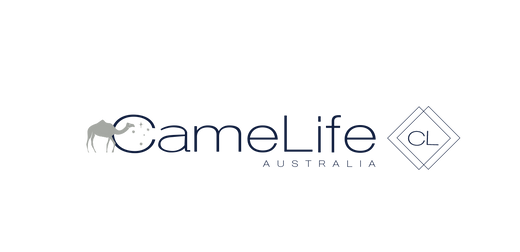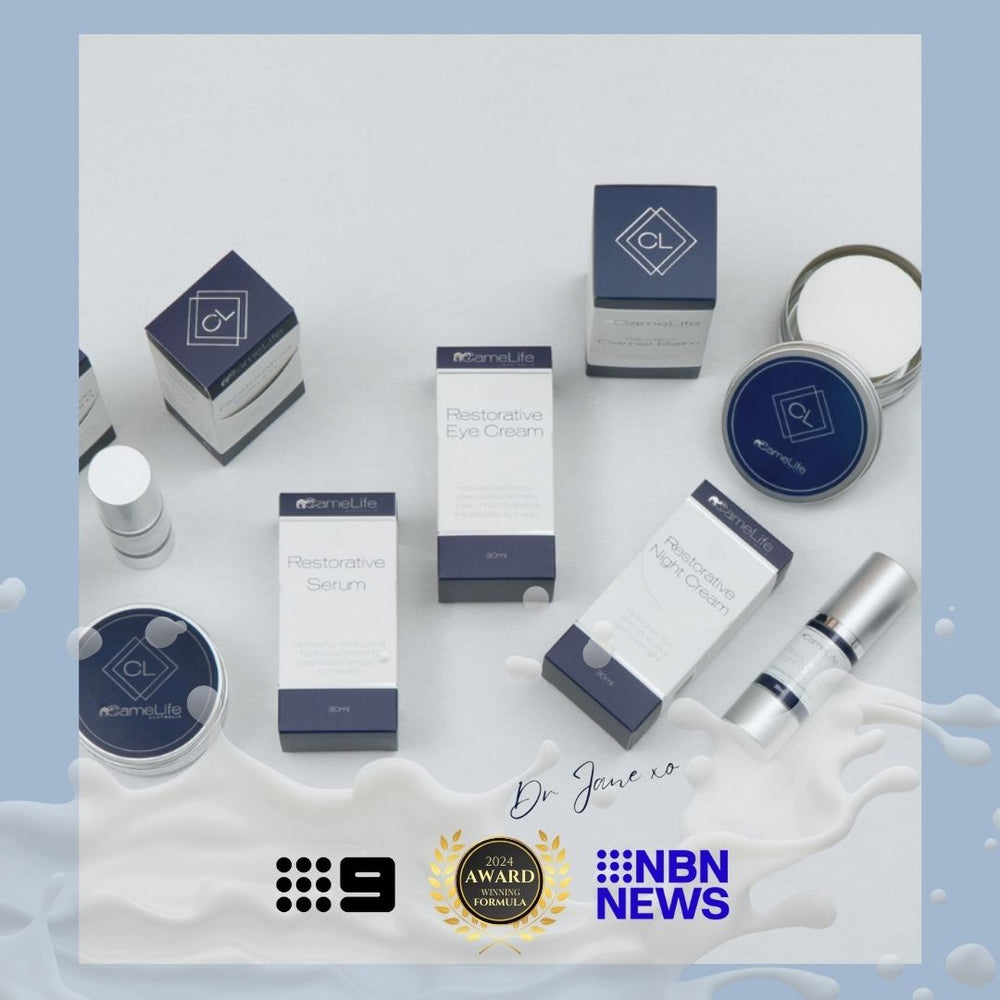ANTI-OXIDANTS AND FREE RADICALS
THE KEY TO ANTI-AGEING
SUMMER IS HERE AND SO IS SUN DAMAGE
We started writing this one a month or so ago, but we've still yet to see much indication of summer arriving! It's hard to believe it, sitting here on the beautiful New South Wales Central Coast after such regular heavy stop rain, but summer is well over a month old now. Hopefully we get the summer we're all hoping for after months of lockdown, but, as ever at this time of year, it's time to think about looking after our skin as the UV shoots up and we spend more time outdoors.
Sun exposure, or photo-ageing as its correctly called, is the number one cause of long term skin damage and is a major cause of skin cancers. It goes without saying that the first line of protection should always be a a high SPF sunscreen. But photo ageing still goes on even beneath a good sunscreen, you skin is still slowly being damaged. So how do you slow down or reverse the damage done to your skin by photo-ageing?
The answer lies in anti-oxidants and, in this blog, we will attempt to demystify anti-oxidants and how they work. So let's start with free radicals.

FREE RADICALS - THE ENEMY OF HEALTHY SKIN
Free radials, the enemy of healthy skin. Free radicals are unstable atoms that can damage cells, accelerating ageing and causing illnesses. Understanding free radicals requires a bit of basic chemistry, so here goes:
Atoms are made up of a nucleus surrounded by orbiting electrons in layers called shells. The shells are filled with a set number of electrons and when a shell is full the electrons begin filling the next shell. An atom with a partially filled outer shell bond with another atom, using the electrons to complete its outer shell. Atoms with incomplete outer shells are known as free radicals.
An atom with a complete outer shell is stable, but a free radicals is unstable and is constantly looking to bond with other atoms to make up the number of electrons in its outer shell. The result? They react quickly with other substances.
Oxygen molecules can split into single atoms that have unpaired electrons, becoming unstable free radicals seeking other molecules or atoms to bond with. This process is called oxidative stress and it can damage cells in your body, causing symptoms of ageing and inflammatory illnesses.

A SIMPLE DEMONSTRATION OF FREE RADICAL ACTION
Have you've ever cut an apple in half and wondered why it goes brown so quickly? Well, you're watching oxidative stress at work. You are seeing a chain reaction of free radicals that causes stress on the apples cells which it cannot defend.
We're not suggesting that your skin cells are suffering in the same dramatic way as soon as you expose yourself to the sun. But its kind of scary to watch oxidative stress at work isn't it?

ANTI-OXIDANTS - FREE RADICAL SCAVENGERS
Anti-oxidants are “free radical scavengers”. They neutralise free radicals by giving up some of their own electrons, effectively switching off the free radicals and breaking the oxidant chain reaction that affects other molecules in the cell and other cells in your body. The term "antioxidant" refers to the chemical action rather than a specific nutritional or skincare property.
Anti-oxidants skincare products have been scientifically proven to scavenge free radicals and reduce their damaging effects as well as supporting your skin's recovery from oxidative stress.
Regular use of a bio-available anti-oxidant serum that can penetrate into your skin will slow down and potentially reverse the damaging effects of oxidative photo-ageing.

COLLAGEN AND ELASTIN
Collagen is an essential protein that acts as your skin's scaffolding, giving it body, smoothness and elasticity. Collagen production declines with age and collagen is very vulnerable to oxidative stress; if you don't protect the collage you have and seek ways to boost collagen production, your skin will age.
Protecting your collagen is relatively easy; minimise sun exposure and always use a high SPF sunscreen, avoid environmental stressors like pollutants and cleanse them off often, don't smoke or eat process foods. And use a powerful anti-oxidant to scavenge the unavoidable free radicals.
Collagen is produced in your skin in cells called fibroblast. As you age, fibroblast action declines as the cells become moribund. But we now know that it's possible to encourage collagen production and reactivate moribund fibroblasts. Retinol, (Vitamin A) is an excellent anti-oxidant, but it also boosts collagen production by kickstarting those sleeping fibroblasts. Combine retinol hyaluronic acid to control moisture levels and you have the ultimate collagen booster.
Perhaps the biggest myth about boosting collagen levels is that you can apply it directly to the skin. There are plenty of expensive body creams and moisturisers that contain collagen and are claimed to boost collagen levels. The truth is that collagen molecules are too big to cross the epidermis and reach into the lower layers of the skin.

CAN CAMELIFE HELP?
The first and obvious challenge for a skincare product that can fight free radical damage is penetrating the epidermis. There's no point in investing in expensive Vitamin C products or retinoids if the best they can do is to moisturise the layer of dead skin cells that form your skin's barrier. Camel milk is very finely homogenised and easily penetrates deep into your skin; it's a great carrier for anti-oxidants.
The next challenge is making the anti-oxidants bio-available in a manner that doesn't burn or irritate. Many anti-oxidants are acidic; both strong VitaminC preparations and Retinoids can sting or cause drying of the skin. But camel milk contains anti-inflammatory protective proteins which sooth and prevent inflammation caused by acidic serums. We don't add Vitamin C; it's already in the milk, provided by the camels (theres about ten times more milk in camel milk than other milks). And, because the milk penetrates the skin, we're able to use more gentle ingredients like an extract from Dunaliella Salina algae which contains the pro-retinoid Beta Carotene, so we don't need aggressive retinol. CameLife's Restorative Serum is at the heart of our anti-ageing range, designed to pack an anti-oxidant punch. It has several key natural ingredients;

WHAT OUR CUSTOMERS ARE SAYING








